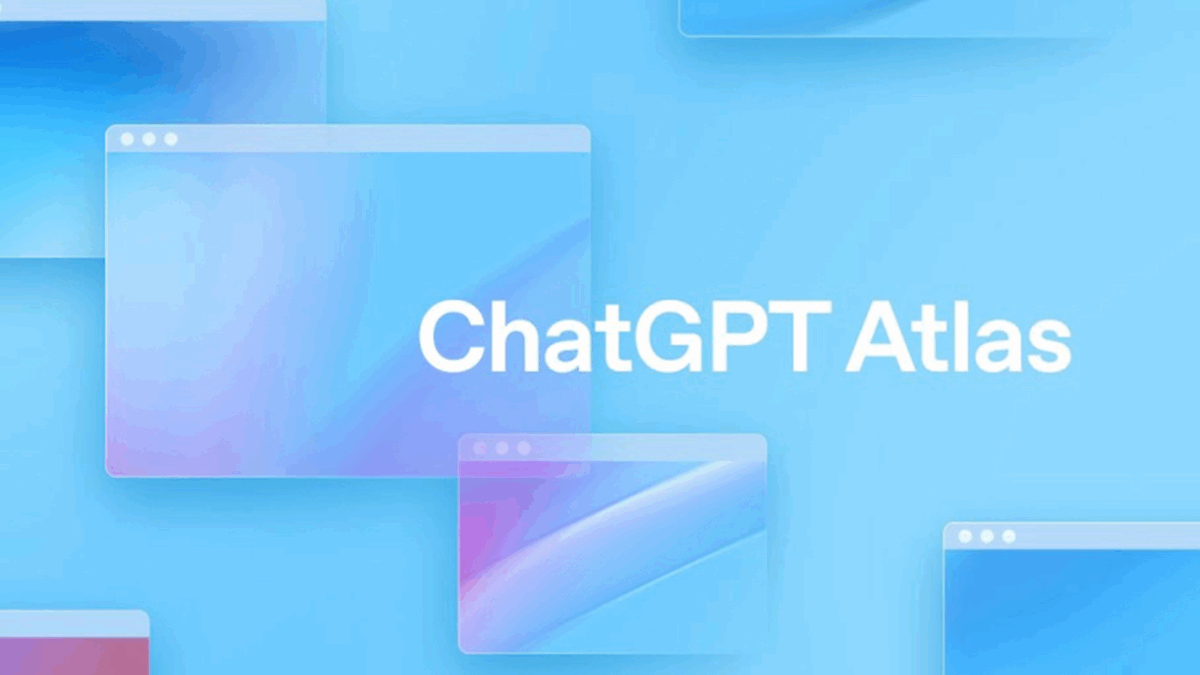
OpenAI has announced the launch of an AI browser called ChatGPT Atlas. It will be available along with ChatGPT and is expected to directly compete with established browsers such as Google Chrome and Microsoft Edge. CWEB analysts believe that in its current appearance it may not offer a huge challenge as Baby Boomers and others have not exactly taken to AI like the younger generations and the new AI does not have an ad feature though that could be added down the line.
Open AI introduced ChatGPT Atlas on its site as “the browser with ChatGPT built in.” It mentioned that it was available for download on macOS across the world. It is expected to be available on other operating systems such as Windows, iOS and Android in the near future.
OpenAI CEO Sam Altman posted about the launch of ChatGPT Atlas on the social media platform X. It was followed by a live stream.
OpenAI is looking to monetize artificial intelligence operations and has considered developing an AI browser to be the way forward. Google has earned trillions in advertising revenue through Chrome browser as ads bring in a lot of revenue for parent Alphabet.
Microsoft’s Edge browser is also successful but not as much as that of Google which was among the pioneers in the web. OpenAI is positioning itself as a direct competitor although ads are yet to make an appearance in the nascent stages.
OpenAI can leverage its web fans base as of now as it builds demand for its home-grown browser. Google has been around for a long time, and it will take time for the browser to lose the top position.
Data shows that ChatGPT had over 800 million users with an estimated 792 million active users per week. As of 2025, 4.91 billion people reportedly use Google all over the world. The browser processes 85.5 billion searches per month, according to Statista. Younger generations are more frequent users of ChatGPT while older ones prefer Google.
CWEB analysts also say that OpenAI browser Atlas can pose a challenge to Google in the future, but Google may counteract it by improving its existing artificial intelligence Gemini or developing its own unique artificial intelligence browser.



